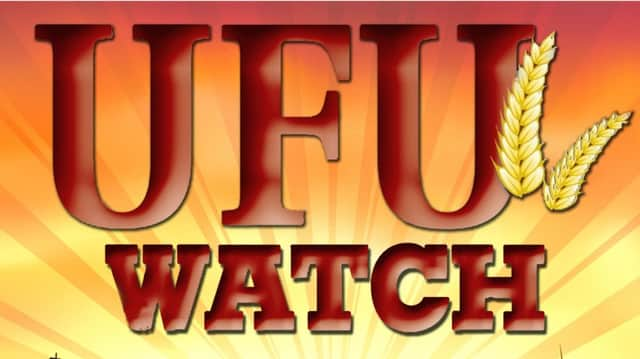Private Storage Aid (PSA) comes to an end


Private Storage Aid (PSA) is a market tool that allows dairy processors to take products temporarily off the market and put it into storage for a set period of time, which has happened four times since its introduction in 2014 following the dairy crisis.
Currently there is 8500t of SMP held in private storage and last year there was a total of 89,000t of product held in PSA.
Advertisement
Hide AdAdvertisement
Hide AdDue to the improving market situation it is widely expected that the commission will not be reopening PSA for butter and cheese in March. It is also believed that PSA for skimmed milk powder will not be extended beyond the end of February. The commission will continue to assess the situation and will reopen the tool if they believe it necessary.
Russia bans New Zealand beef
It has been reported that Russia has banned New Zealand beef. The Russian agriculture safety watchdog has stated that they have found the feed additive ractopamine in samples of beef. Ractopamine can be used to promote muscle growth in cattle and is prohibited for use in New Zealand.
Calls to protect free range continue
There have been repeated calls on the European Commission to allow poultry farmers to continue labelling eggs and poultry meat as free range, as poultry flocks across Europe are kept indoors to limit the spread of avian influenza.
Housing is permitted for a maximum of 12 weeks for veterinary reasons before free range status is lost. The UK farming unions have been calling for a sensible approach from the commission and to allow farmers to maintain their free range status until the current situation improves. The presidents from the four UK farming unions met last week with a number of MEPs and decision makers to raise their concerns on the issue.
Advertisement
Hide AdAdvertisement
Hide AdThe Agriculture Commissioner Phil Hogan stated at a special agriculture committee meeting in the European Parliament that he will continue to look at available tools to support poultry farmers during this time.
CAP post 2020 discussions officially begin
Agriculture Commissioner Phil Hogan launched a public consultation on modernising and simplifying the CAP last week.
Speaking at the launch of the consultation, the commissioner highlighted the importance of the CAP, but added: “we must refine it, and revitalise it, and – of course – we must adequately fund it”.
Key issues that the commissioner hopes to address in a future policy include simplification of the CAP, environment and climate change challenges and the provision of tools to help farmers deal with volatility.
Advertisement
Hide AdAdvertisement
Hide AdEncouraging the next generation of farmers to enter the industry and providing jobs in rural areas should also be prioritised. The commissioner emphasised that “maintaining the highest food standards in the world does not come for free” and during questions following his speech referred to pressure on the EU budget as a result of Brexit and other issues.
He also said that he will have to rely on the cooperation of the European Parliament and agriculture ministers to complete the reform before the European Parliament elections in 2019.
The consultation will run for 12 weeks and the results of the exercise presented at a conference in July. The commission plans to publish a communication by the end of 2017 and legislative proposals early in 2018.